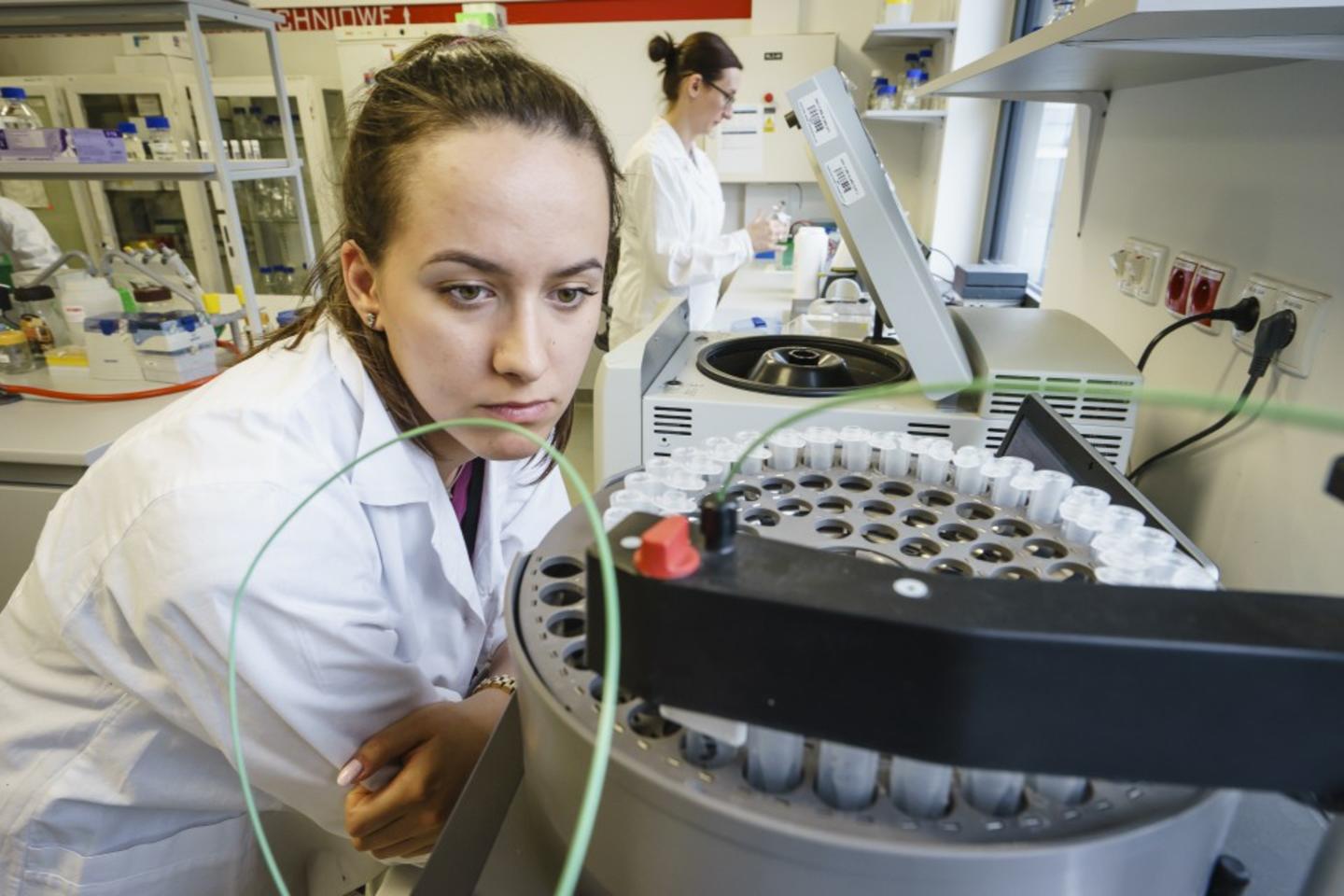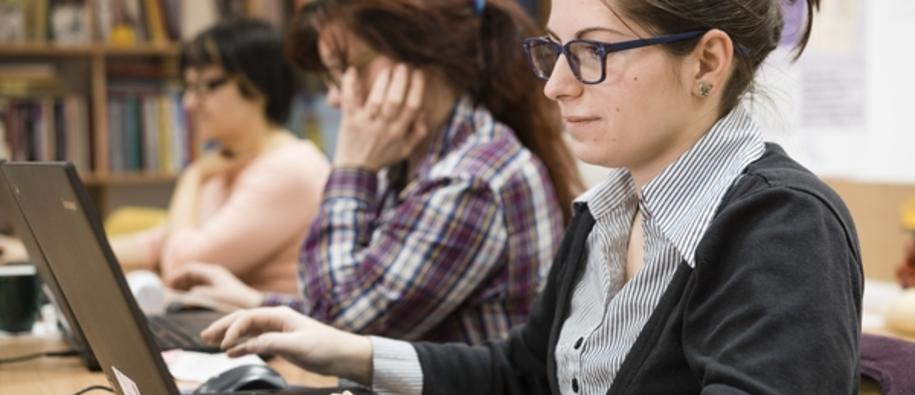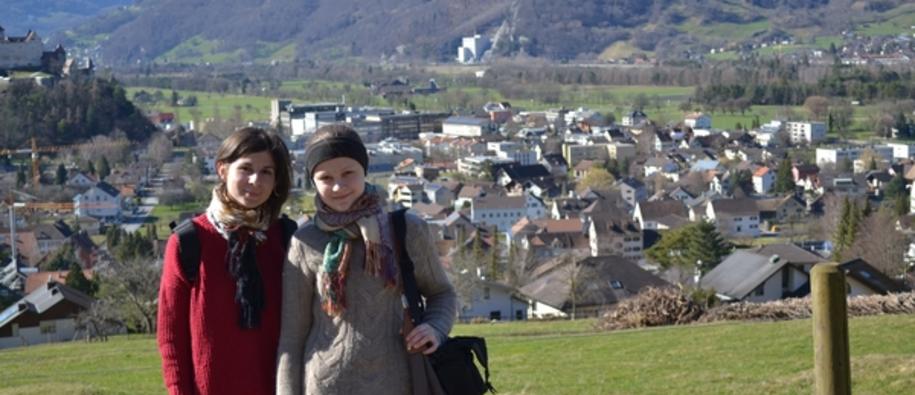International cooperation strengthens research and innovation systems, as well as the quality and relevance of education and training at all levels. This contributes to economic growth and increased knowledge across all sectors of society.
What are we doing?
We support cooperation and exchanges between Iceland, Liechtenstein and Norway and the beneficiary countries in the research, education/training and higher education sectors. The research programmes fund collaborative basic research – which is aimed at increasing understanding how things work – and applied research, focusing on finding a solution to a specific problem. Projects cover diverse fields ranging from social sciences and humanities, health, gender studies, and environment and renewable energy. Educational cooperation and scholarship programmes support projects of teaching methodologies, improved skills and knowledge of teachers and other staff, school development, and the development of new and modernised curricula. Furthermore, they provide work placement and exchange opportunities for both staff and students.
Research cooperation (€ million) EEA Grants Norway Grants Total funding Czech Republic - 14.5 14.5 Estonia - 3.0 3.0 Greece 3.0 - 3.0 Hungary - 24.1 24.1 Latvia - 4.5 4.5 Poland - 63.2 63.2 Romania 20.0 - 23.0 Total 23.0 109.3 132.3Scholarship and education cooperation
(€ million)
EEA Grants Norway Grants Total funding Bulgaria 1.5 - 1.5 Czech Republic 0.3 3.5 3.8 Estonia 0.6 1.0 1.6 Hungary 3.0 - 3.0 Latvia 0.5 0.5 1.0 Lithuania 1.4 - 1.4 Poland 5.0 10.0 15.0 Romania 4.5 - 4.5 Slovakia 1.9 - 1.9 Slovenia 0.6 1.2 1.8 Spain 3.9 - 3.9 Total 23.3 16.2 39.5What has been achieved?
Onwards together
“Our plan is to apply to Horizon 2020 and we are currently in the process of writing the project proposal. We’d like to develop the application further with more options to make it easier to use.”
Dr Mariano Rincón, project leader at the Spanish National Distance University
Laying the foundation for fruitful long-term cooperation lies at the core of the research and scholarship programmes. These ambitions are already becoming a reality in the Spanish Scholarship programme, which will be the first programme in the area of research and scholarships to be completed. Around 23% of the projects supported through the programme have indicated that they aim to continue joint research activities after the projects have been completed. This includes further projects to be submitted to the EU’s Horizon 2020 programme or other funding sources, joint publications and continued study visits.
Among those is the AMOS project. The Spanish National Distance University and the University of Oslo have developed a tool for simplified assessment, diagnosis, monitoring and prognosis of neurodegenerative diseases, conditions which primarily affect the neurons in the human brain. Neurons are the building blocks of the nervous system which includes the brain and spinal cord. The tool provides an automated segmentation of white matter lesions (WML), whose presence in the brains of elderly people is linked to increased risk of stroke, cognitive impairment, dementia and ultimately, death. The new tool is off to a good start. Tested against a radiological gold standard, it has been found to out-perform other WML segmentation tools available and it has received positive attention among both Spanish and Norwegian institutions and companies in the field.
Snapshot of results
- 308 research institutions cooperating together
Sharing expertise
“We aim to make this a good practice example. We have already had researchers from Croatia and Russia come here to learn how to build their own databases.”
Dr Luminita Dumanescu, Project manager at the Babes-Bolyai University
Together, the Babes-Bolyai University in Cluj-Napoca, Romania and the Norwegian Historical Datacentre at the Arctic University of Norway (UiT) are building the first historical population database of Transylvania. Even with its focus on the past, the database can open many doors for the future. A historical database on population can provide insight which helps to answer multiple questions raised by of population studies, including the history of diseases, occupation, as well as migration and mobilisation in the region. The database has been met with great enthusiasm by students at Babes-Bolyai, who can both volunteer for the project and use the database for their own research.
Dr Dumanescu and her colleagues have placed an emphasis on making the database an example of good practice, as well as sharing the knowledge and experience gained from the project. The team has already published one article in an international scientific journal in 2015, with five more planned to be published in national and international journals during 2016. In addition to organising joint panels at international conferences in Spain and Belgium, the team has also organised a summer school workshop under the umbrella of the European Sample of Population Network – with a second one taking place in Cluj this summer.
Snapshot of results
- 207 internationally refereed scientific publications
- 10 joint summer schools/intensive courses organised
Supporting a new generation of researchers
“As it was the first time I participated in an international research project, I was very privileged to have a chance and to be trusted to propose and execute my ideas, test hypotheses, and plan and conduct the experimental work with the supervision of other project staff members.”
Nele Põldver, PhD student in Psychology at the University of Tartu
One key factor in increasing research capacity is actively to involve young professionals in the field. Engaging junior researchers helps to counter ‘brain drain’ where skilled people leave their home countries for better opportunities abroad by providing them with an opportunity to expand their knowledge, establish contacts and build new skills. Põldver – a member of the team behind the BerTa-LAB project – is one of 33 PhD students involved in joint research projects under the Norwegian-Estonian research cooperation programme.
Through BerTa-LAB, the University of Tartu and the University of Bergen are working together to increase the understanding of how the brain makes sense of speech. Põldver has been able to play an active part throughout the whole project, both by participating in writing the project application and assisting with project management. Having gained a lot of new knowledge useful for future research projects, Põldver has a clear view on the importance of international cooperation for the new generation of researchers:
“Participating in international collaboration projects is crucial for young researchers as it gives them an opportunity to see how other research facilities and groups work, as well as enabling them to develop specific skills and methodologies that are, for example, not being used in the home laboratory. It also gives invaluable experience in working with top scientists in the field and developing possible future collaboration ideas.”
Snapshot of results
- 338 PhD and postdoctoral students supported
Opening doors for the future
“I learnt that I have to believe in myself and my abilities. I learnt to be open minded and to use all opportunities that I have.”
Barbara Kulpa, a student at the Warsaw School of Economics who took part in an exchange with the University of Liechtenstein in Vaduz
Broadened horizons, improved language skills and increased adaptability – these are just a few of the skills generally acquired by students who spend part of their studies abroad, strengthening their employability.
Kulpa is one of many Polish student who have received a scholarship to go on a university exchange in Iceland, Liechtenstein or Norway through the EEA and Norway Grants in the last year. She chose the University in Vaduz because of its reputation and its relevance to her studies in entrepreneurship. Her stay was inspired by her interest in the small state model:
“It was my dream to see how such a small country is able to function,” says Kulpa, who during her stay prepared interviews and reports about the political system in Liechtenstein and organised interviews with politicians in German.
Snapshot of results
- 1 046 students have received ECTS credits for their study placements
- 712 teachers, experts and staff participating in exchange


